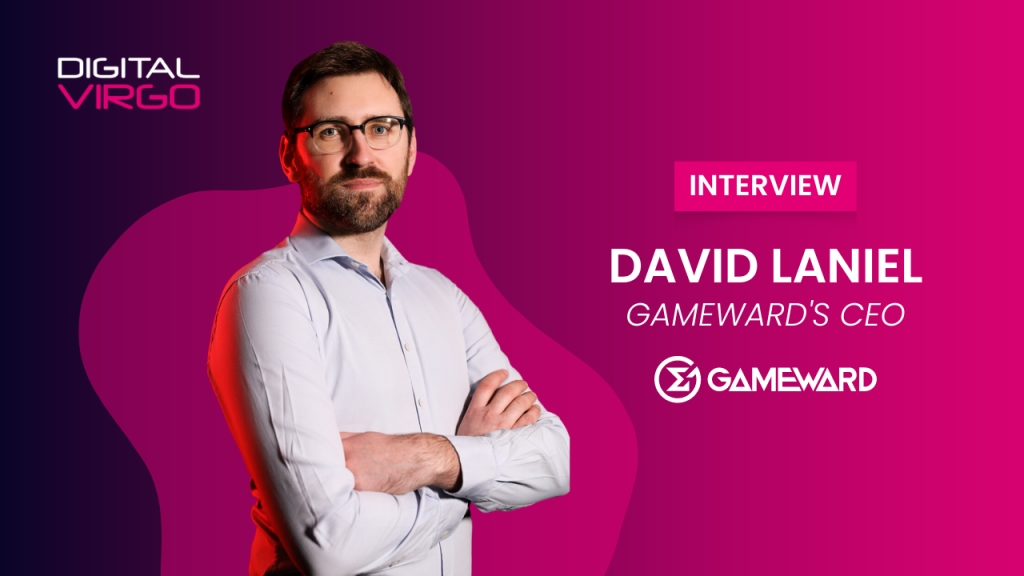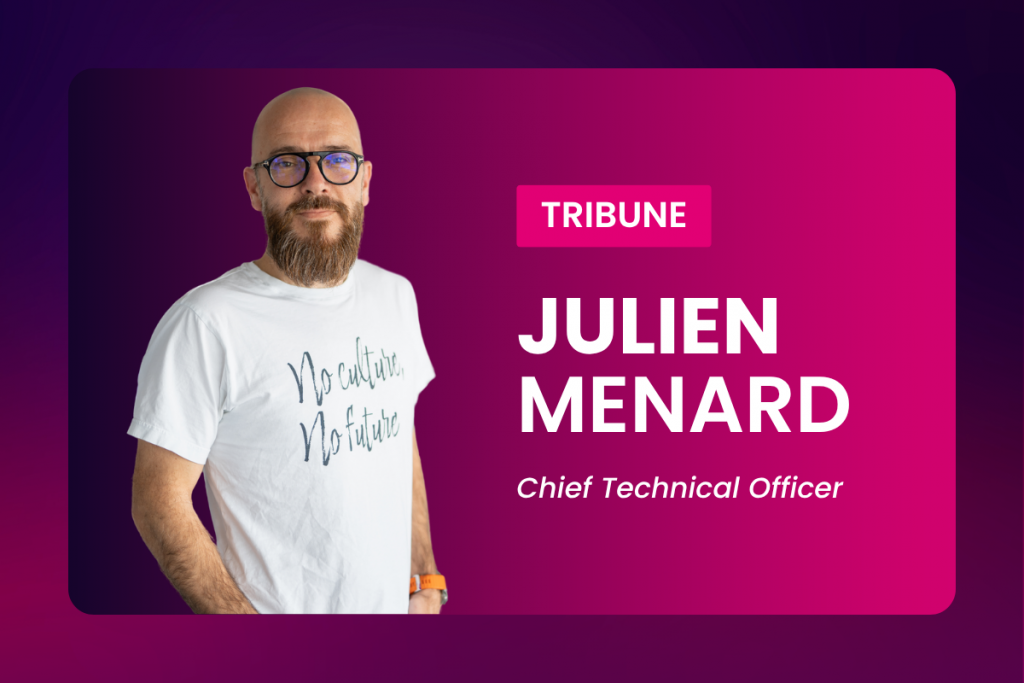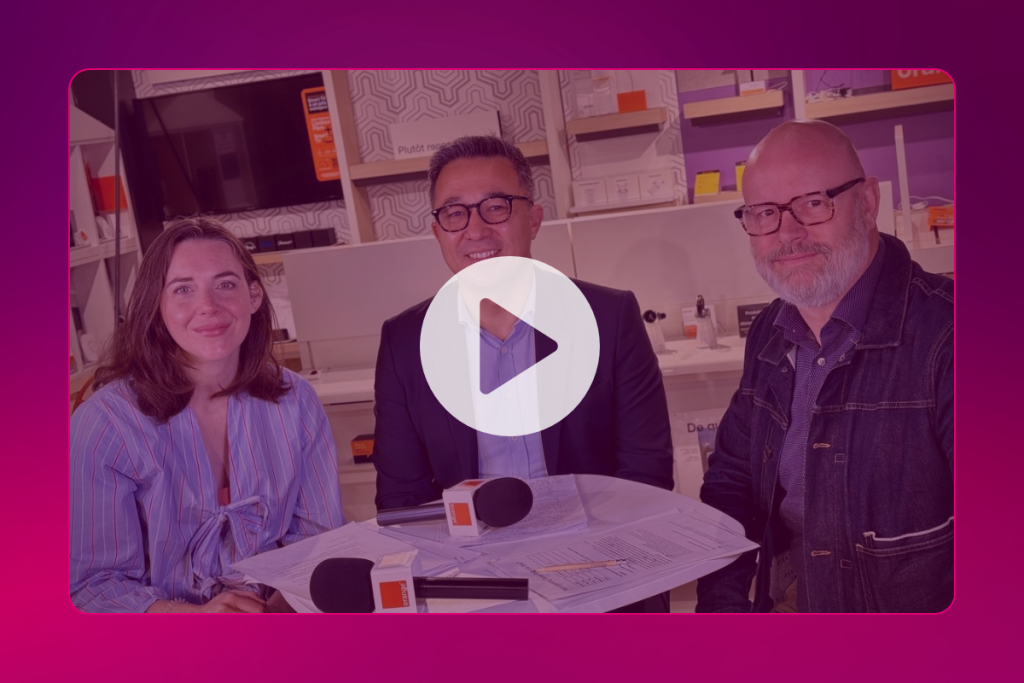Considering Gameward’s success, how do you approach talent acquisition and development? What characteristics and skills do you prioritize when building your roster of players?
Year after year, during tournaments, commentators identify teams with particular characteristics. In other words, even if we change the players, even if we change the coaches, there are common components that embody our brand. The “face everything” mentality is what sets us apart. Our team fights until the end. Even if we are far, far behind in terms of experience and level of play, we’ll always make the maximum effort to be competitive. And as we’ve already seen, we can manage to turn around situations that seemed hopelessly lost.
What we’re really looking for is players with a professional mindset, because there’s a huge gap between being a good player and being a professional. We want to help them throughout the way, supporting them in the long term, helping them perform, encouraging them to develop in different ways. This is extremely important for us, because our aim is to ensure that from the moment a player arrives at our team, there is real progress. From their individual performance to their daily routine, from stress management during events to media training.
Ultimately, these are the components that make a professional player. And it’s important for us to have players with the right mindset and whom we know we can help all of us progress.
So, how did we choose our coach? It’s extremely complicated in eSports. Coaches don’t have diplomas and are often young. They’re often good technicians at best, but not really coaches as you’d expect. Because there’s a huge human and managerial component to the role of coach.
What we’ve tried to do is lean towards profiles with a strong psychological component, who can understand how the human brain works, who understands how a player progresses, who understand teaching mechanisms. Of course, it has to be someone who understands a minimum amount of the game and who’s pretty good at game theory. What he’ll really bring to the table is his approach to the subject. His role is to identify all the issues we need to address with the players and how do work to improve? What is our collective or individual progress plan on each of these subjects?
My role here as CEO is to support the coaches and team managers in implementing all these components.
How has the landscape of eSports evolved over the years? What strategic initiatives has Gameward undertaken to stay competitive in this dynamic industry?
The eSports landscape has evolved considerably over the years. And it’s interesting because the more the ecosystem develops, the more we see players with a strong identity and clear positioning. That’s what we’ve done, we’ve not wavered from our guiding principle, which we’ve had since day one, namely that we really wanted to contribute to a responsible eSport ecosystem, to develop local roots, to ultimately develop eSport and gaming as a truly everyday practice, and to be sustained in the territories.
It’s around these axes that we continue to develop on a day-to-day basis, with a number of projects revolving around this notion of responsibility, inclusivity and subjects that are very much trending at the moment, which we are developing and will continue to implement.
eSports has gained significant mainstream attention in recent years. How does Gameward face the challenges and opportunities that come with increased visibility, and what role do you see the team playing in shaping the future of eSports on a global scale?
eSports are becoming increasingly mainstream, but we also see that there are still a lot of people who know about it, but don’t understand what it is, who see bits and pieces left and right. That’s why our aim is to bring eSports and gaming into the daily lives of families, and to ensure that parents are able to support their children in the practice of eSports. Because, in fact, when we talk about eSports, we talk about video games, digital technology and social networks. There are all kinds of things that come into play that are really important for parents to understand.
Partnerships are crucial for the success of eSports’ organizations. Can you tell us about Gameward’s strategy for building and maintaining relationships with partners? How do these collaborations contribute to the growth and sustainability of the team?
Our aim is to work with local authorities, in particular the town of Boulogne, on all these issues. And to really work on structuring the ecosystem in such a way as to develop our business over the long term. For example, a major issue today is that eSports are not mixed at all in terms of gender. In other words, the more competitive we become, the fewer female profiles we have. And today this isn’t supposed to be a reality, there’s no other reason for that. So, at our level, we’re going to try to build the whole ecosystem so that from the age of 10 onwards, little girls will be playing with little boys, so that it becomes normal for everyone to progress together. This way, players aged 13, 15, 17, both girls and boys, will be able to play together without any barriers for female profiles. These are all subjects we’re trying to work on, and there’s still a huge amount of work to be done, and subjects that will really be dealt with over the long term. There are some great challenges ahead.
Creating great partnerships with content creators and distributors is at the heart of Digital Virgo. There is no denying of the power of eSports, with the market expected to grow over 6.7 billion in 2030 according to Statista. This worldwide phenomenon of entertainment continues to fascinate and delight millions while providing strong business opportunities for companies. Being able to target audiences locally as well as across ages demographics is a key benefit to working with us.
Discover more from our eSport experts at Digital Virgo




